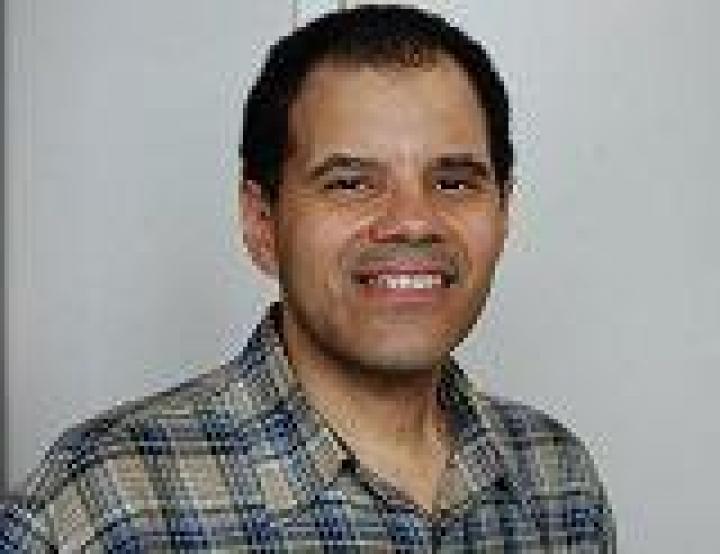Share

Ismael Nunez is a contributor to YAI's newsletters and blogs. He attends YAI/NIPD’s Employment Initiatives program.
As an person with a developmental disability, I have always been sensitive to the language used to refer to people with disabilities. Back in June, I joined the Self-Advocacy Association at YAI. At one of the first meetings, there was a discussion about the R-word and how we feel about it. Not one person in the room had anything positive to say about it.
“The word is hurtful, and puts us down!” said one fellow advocate.
The discussion reminded me of back when I was in school. Often I was made fun of and I would hear people say, “He’s a retard.” Sometimes I was told that I would never make it; I wasn’t allowed to participate in many activities. Most of the time, I just kept to myself. I sure wish the people who said those things could see what I’ve accomplished. I graduated from the journalism program at Hunter College, with support from Hunter’s Office of Disabled Student Services. I’m a freelance writer/reporter/photographer. I have a driver’s license (though I wish I could do more driving). I have even traveled to Cuba.
After the meeting, I decided to find out how the word “retarded” became a term used to describe people with disabilities. Webster’s dictionary includes the noun "mental retardation," which was coined in 1914, and is defined as: "Intellectual ability [equal] to or less than an IQ of 70…with deficits in abilities manifested especially by delayed or abnormal development, by learning difficulties and by problems in social adjustment." Over the years, the word has taken on a derogatory meaning from those who abuse it. Theresa Howard, an advertising reporter for USA Today wrote, “The R-word is a harsh statement. I hear the R-word daily either from a colleague, a neighbor talking to his dog, an actor on a hit TV show, people swapping jokes.”
Bobra Fyne, a social worker who co-facilitates YAI self-advocacy meetings, also has strong feelings about the R-word. “There needs to be more education in schools on how hurtful the R word and other terms are. They have a real effect on people,” Bobra said.
People with disabilities are now taking a stand. The Special Olympics launched the campaign to “Spread the Word to End the Word” in the spring of 2009 and hundreds of organizations around the country, including YAI, have joined. Take the pledge to support the campaign here.
“The movement to erase the R-word is important,” said Tom Ott, co-facilitator of YAI’s self-advocacy meetings. "The main goal is to have a dialogue about how people with disabilities feel and realize that they want acceptance in life.”
As a person with a disability and a proud member of YAI’s Self-Advocacy Association, I can tell you that the R-word is not how we want to be identified. We are human beings, we’re intellectuals and we’re smart. Work with us, we can do it! Together we can erase the “R word” and go places!”
